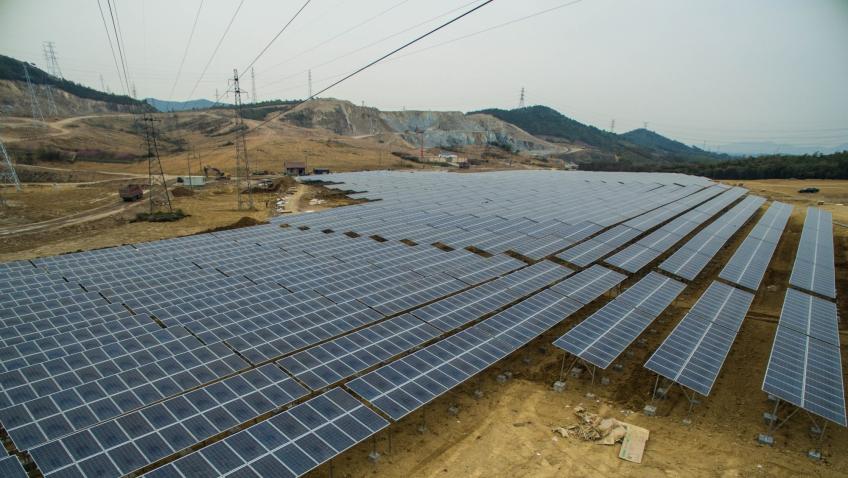India-US solar panel dispute took another drift on Monday when India struck down all the contentions made by US regarding India’s solar power policies and claims made thereto. India contended that it has changed its policies and rules in consonance with the WTO ruling on the dispute and that claims and request made by US are not valid. It is to be noted that the statement made by India is triggered in the wake of fresh round of litigation initiated by US at WTO where US contented that India has failed to abide by the ruling made by the WTO on the issue in 2016 and that unfavourable and discriminatory treatment is still mated out to the foreign supplies of solar cells and modules.
It is significant to note that the dispute arose when Indian government imposed mandatory domestic content requirement on the local producers of solar power under India’s National Solar Programme. Owing to this discriminatory requirement US export of solar cells and modules to India got severely affected and consequently US dragged the issue to WTO and alleged the violation of obligations under the principle of National Treatment as envisaged under Article III of GATT. India’s contention as to the exemptions under ‘Government Procurement’ clause and ‘compliance with domestic and international law obligation’ didn’t sustain as India failed to prove existence of any such obligations. Further, since discriminated product and product used for government procurement has to be the same, the exemption under ‘government procurement’ was not allowed. As a result, WTO panel in its report concluded that imposition of such discriminatory requirement is in sheer violation of National Treatment Obligations. In the light of this ruling the present dispute has re-emerged.
However, amidst all this, the main point of concern is that the government’s inclination to adopt protectionist approach while framing policies of national and international importance will not only hamper India’s global trade relations with countries of strategic importance but also make the trademark ‘Make in India’ campaign ineffective resulting in insufficient foreign investment, and restricted flow of foreign exchange.
Courtesy/By: Lalit Saraf
|
10 Jan 2018

